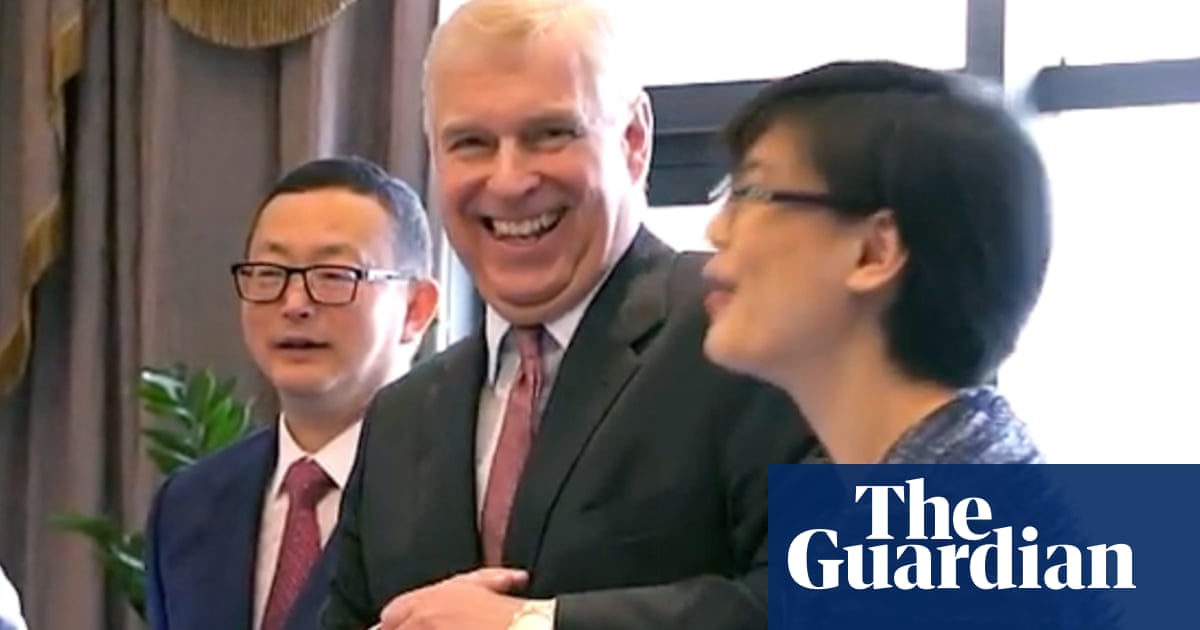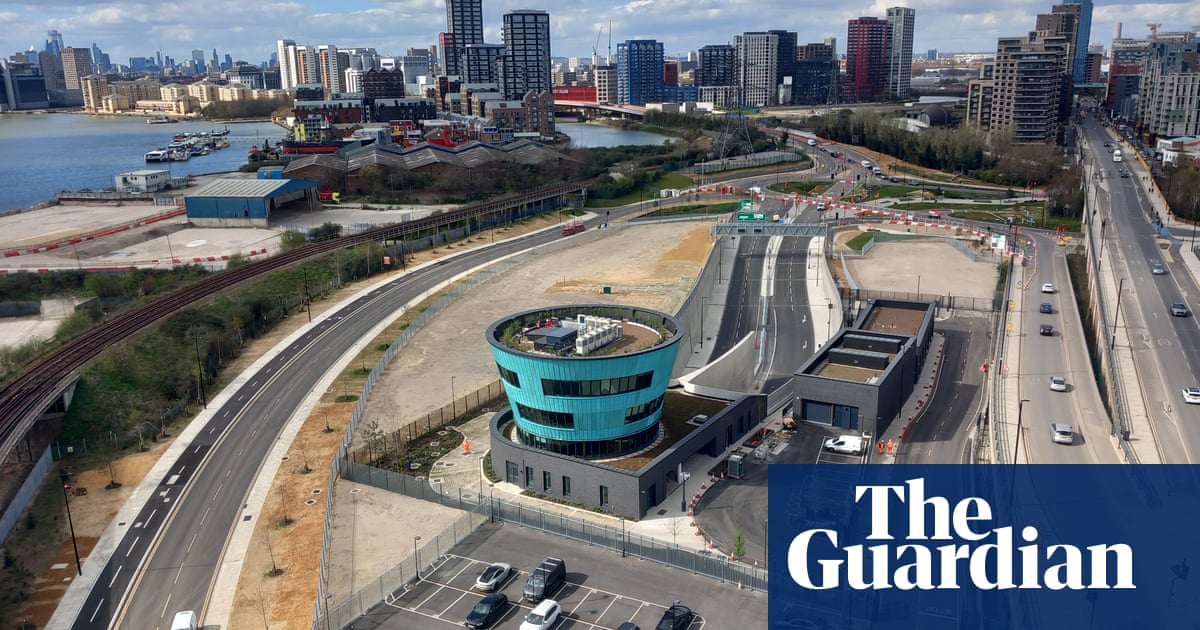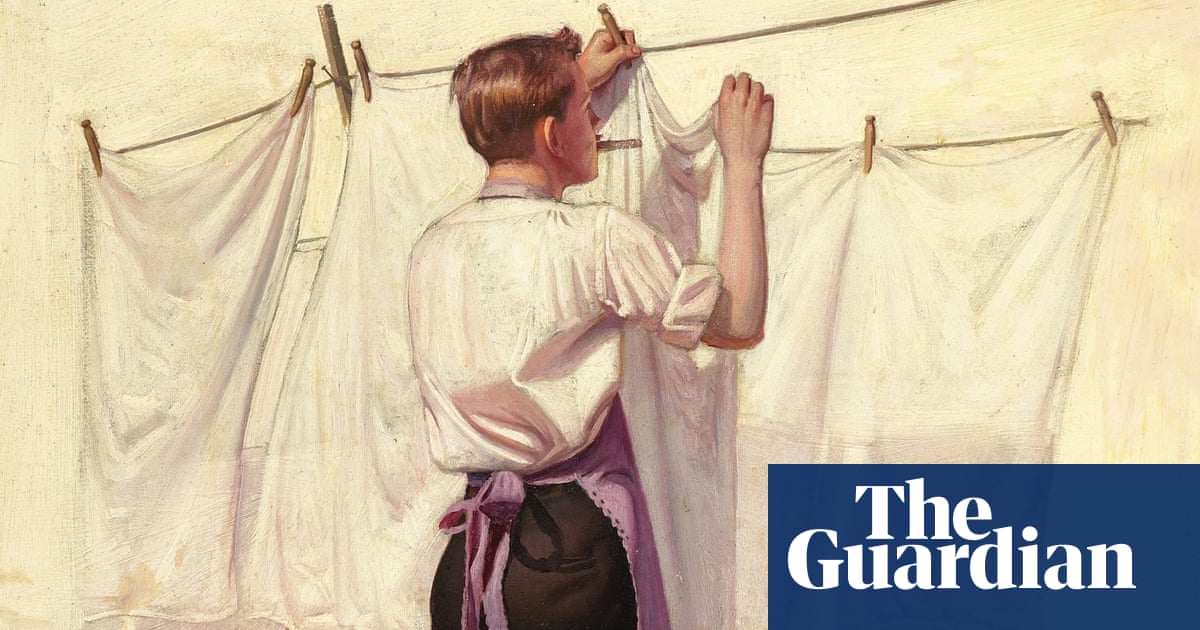Just over a decade ago, with the publication of an independent inquiry, Britain confronted the horror of the sexual abuse of children that had taken place in Rotherham over 16 years by organised gangs of men, mostly of Pakistani origin. The 2014 report conservatively estimated that 1,400 children – some as young as 11, many in the care of the state – were raped, abducted and sexually abused in Rotherham by groups of men. Since then, there have been many other reviews and inquiries in other towns and cities where children have been subjected to similar abuse by organised groups of men, including in Rochdale, Oxford, Telford and Bristol.
Together, these reviews paint a dreadful picture of how child victims of sexual abuse were not only routinely ignored by those whose job it was to protect them – including social workers and the police – but how young girls were viewed by child protection authorities as complicit in their own rape and abuse, as if it were something they could consent to. A further 2015 review into Rotherham led by Louise Casey was also clear that these abusers could hide behind their race to perpetrate their abuse: she uncovered what she called an “archaic culture of sexism, bullying and discomfort around race”, with councillors and staff fearing being labelled racist if they mentioned the ethnicity of perpetrators. In suppressing an issue that should have been dealt with openly and properly, this was a factor in enabling the abuse to go on.
Last week, Conservative leader Kemi Badenoch called on the Labour government to launch a further statutory inquiry into the sexual abuse of children by groups of men. There remain gaps in our knowledge about the extent to which this has happened and is still happening across Britain in Britain, but there are questions as to whether another statutory inquiry could fill them. While in government, the Tories did not set up such an inquiry, pointing instead to the statutory independent inquiry into child sexual abuse (IICSA), whose remit was to look at the extent to which state and non-state institutions had failed to protect children from sexual abuse in England and Wales.
IICSA carried out 15 investigations as part of its work, including one on child sexual exploitation by organised networks of men, and reported in 2022. Rather than draw together what was known from existing reviews, it investigated the phenomenon through six case study areas that had not been the subject of an independent investigation. Its findings were seriously concerning: despite this form of child sexual abuse having been made a strategic policing priority in 2015 – alongside terrorism and serious organised crime – less is known and understood about the prevalence of child sexual abuse by groups of men than before 2015. It highlighted that there has been a failure to collect data on the ethnicity of perpetrators and victims, and expressed concern that this lack of data would hinder the police in taking preventive action. It concluded that “the government … cannot know the current scale of child sexual exploitation by networks, or who is involved in these groups”.
Since the publication of this report, there have been efforts to establish what we know about the extent of the sexual abuse of children by groups of men. Last November, the child sexual exploitation taskforce published the first of what will be a series of reports on this. It highlights that data from 44 police forces in 2023 shows that 3.7% – or 4,228 – of child sexual abuse crimes reported to the police were group-based, and that 83% of suspects for whom ethnicity was recorded were white, but that only a third of suspects had an ethnicity recorded at all, and this data pertains only to crimes reported to the police. We need to know how many children have been, and are continuing to be, affected by this type of sexual abuse – but it is unlikely a further statutory inquiry is best placed to do that.
The findings of many reviews into the rape of children by groups of men, into sexual abuse that has taken place in institutional settings, and into the most common form of child sexual abuse – within family settings – all have a common strand. As a society, we have a terrible track record of tackling child sexual abuse wherever and by whomever it occurs. Half a million children are estimated to experience it every year and one in 10 will be abused before the age of 16. But just 2,300 children are on a child protection plan as a result of child sexual abuse.
Professionals working with children still receive inadequate training on child sexual abuse, and societal stigma and the fear of getting it wrong means they are often reluctant to intervene and support children. Every day, children are consigned to suffer terrible harm as a result. The independent inquiry on child sexual abuse produced several key recommendations to improve detection, prevention and support for victims that have not yet been implemented.
after newsletter promotion
There are countless lessons from the inquiries into what happened in towns such as Rotherham, Rochdale and Telford, as well as the independent inquiry on child sexual abuse, that have not yet been acted on. The most urgent political priority must be to develop a comprehensive societal strategy to tackle the rape and abuse of children that includes improving the way these crimes are detected, prevented and prosecuted. That is where Labour ministers must focus their efforts, and opposition politicians should support them and hold them accountable for that.

.png) 2 months ago
35
2 months ago
35













































